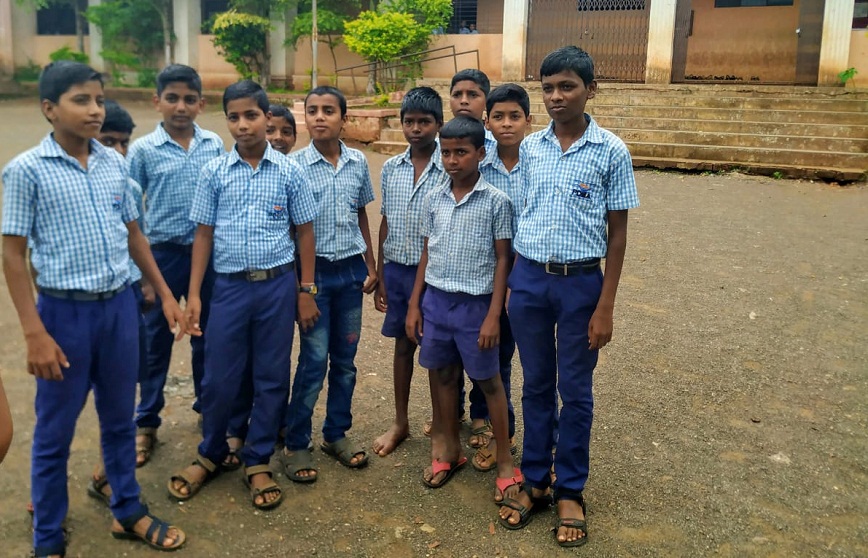Pune boy who walked 11 kms a day to reach school, scores 82.80% in SSC examination

Mehab Qureshi
Pune, August 3, 2020: In a village just about 60 kms away from Pune, the story of a boy who walked four hours to school everyday has touched everyone’s hearts. Ananta Doiphode, resident of Vadghar village in Velhe taluka, has scored 82.80 percent marks in the Secondary School Certificate (SSC) examination results declared recently. However, to achieve this feat, Ananta had to walk 11 km everyday to reach his school in Panshet.
“Every day I woke up at 4 am and studied till 6 am. Then I left school at seven every day on foot. This did exhaust me, but I had no other option. Also, I slept late every night so that I could study more because this year was genuinely important for me”, said Ananta while speaking to Punekar News. Walking to and then back from school, Anata covered a distance of 22 km on foot every day.
The 16-year-old aspires to become an IAS Officer. “Because of this, I expected at least 90 percent but that didn’t happen.”

Ananta’s father works as a waiter in a canteen. He has two siblings, and he is the eldest amongst them. Ananta’s small house does not have an electricity connection, and so the house is dark even during the day, and no fan as well.
Although unsatisfied with his performance, Ananta has a long term goal set ahead of him. “I want to be a civil servant, and I wish to prepare for the UPSC examination. I could have easily gotten 90 percent if I was staying in a hostel near my school because walking four hours a day exhausted me”.
The New Education Policy (NEP) promises to change the traditional system of education in India, where children have been ensured that they can focus on what they want to learn, said Prime Minister Narendra Modi while addressing the Smart India Hackathon 2020. Besides, funds amounting to millions of rupees have been pumped to develop educational scenarios. However, what remains to see if all of this can actually help change the situation and make seeking education easier for children like Ananta.





